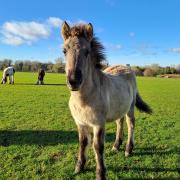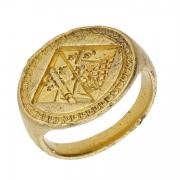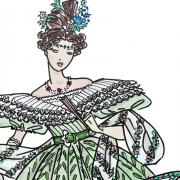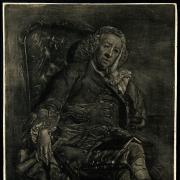Flowers have the last laugh on hayfever suffers, says our health columnist GP Dr Matt Piccaver
I THINK it has already started. That familiar stuffy nose and itchy eyes. As much as I try to deny it, I think hay fever season has started once again.
For many of us, spring marks the start of months of mucous-filled misery. Breathing out of your nose becomes a distant memory. Smell and taste take a holiday, and our eyes become itchy, puffy and red.
I once read somewhere, probably on one of those terrible motivational posters, that the “Earth laughs in flowers”. Then why do they make so many of us miserable?
You’d think that there might be a time of the year when we can escape? Winter tends to be a time of low pollen count, but we have colds and flu to contend with. Sometimes, you just can’t win.
February and March bring hazel, yew, and elm pollen. March and early April brings poplar pollen. Birch, ash, plane and oak hit us in later spring. My nemesis is oilseed rape. Some parts of my drive to work are filled with the stuff come the month of May. It drives me absolutely crazy, and where I work is somewhat rural. Fields full of rape are not far away, and my nose and eyes know full well. Pine, grasses and certain weeds take us to the end of summer and into autumn.
What happens when we get exposed to pollen? Cells on the nose lining take sensitising compounds, called allergens, activate part of our immune system. This in turn causes histamine and other chemicals to be released. Certain cells of the immune system also move in. This causes the nasal lining, called mucosa, to swell and produce mucous. In copious amounts.
Hayfever often goes hand in hand with asthma. Many asthmatics, if not all, will get symptoms of hayfever. The question is, how do we help ourselves? The first line treatment - avoidance. Not really a treatment option for many of us, living indoors through the warm summer months. So failing self-imposed hermitage, what other options do we have? Antihistamines, of which there are several types, are the main stay of managment. Antihistamine eye drops can be purchased in most pharmacies to help with itchy eyes. Nasal sprays, be they antihistamine or steroid based, can help ease the symptoms of nasal stuffiness.
Tablet antihistamines are an option, but some can make you sleepy. It is always worth checking with your pharmacist what would be the best medication for you. Some might eventually go on to see a GP - the vast majority of people don’t need to. In very severe cases, people might be able to get “vaccinated” over time. This is highly specialised treatment aimed at changing the way your body reacts to an allergen. This may not be offered everywhere, and is usually arranged via a special allergy clinic. The vast majority of sufferers need nothing more than an over-the-counter antihistamine and occasional nasal spray.
The weather warms, birds sing and flowers bloom. The Earth might be laughing in flowers, but my consulting room will be echoing to the sound of noses being blown, sniffing and sneezing. Who said medicine was glamorous?



























